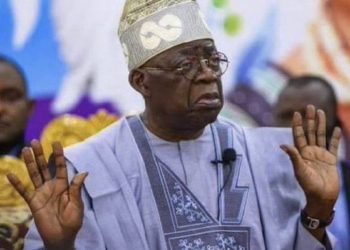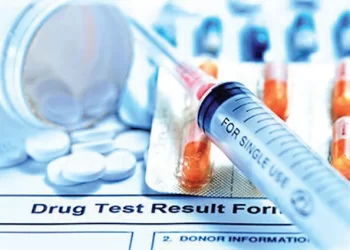“It is a pity that I could not influence this amount that has to be paid like it was done for the ladies who are trying to participate and for the disabled. I looked left and right and could not read sympathy on anybody’s face and so I kept my trap shut and felt heavily sorry for myself…” The speaker is General Muhammadu Buhari (rtd), the leading presidential aspirant of the All Progressives Party (APC). It was a mild protest at the scandalous cost of expressing interest and picking up the nomination form of his party for the 2015 presidential election.
However, if Buhari was expecting an outpouring of sympathy from his fellow party men, he got none. The mere expression of interest and the nomination form cost him a hefty N27.5 million from a party that is campaigning on the promise of change. But his party chairman, Chief John Odigie-Oyegun would merely wave the cost away as a way of “separating the men from the boys.”
For quite some time now the high of cost electioneering campaigns in Nigeria has discouraged many good and honest men and women from venturing into politics. And from what is playing out now, the trend is not likely to change soon. Indeed, it is flowering. Nothing else demonstrates this state of affairs better than the huge fees the political parties, particularly the ruling Peoples Democratic Party (PDP) and the main opposition APC, are extorting from their fellow party men and women interested in the race for the 2015 election. By the nomination fees alone, so many men of honour and others, driven by the desire to change the system, have been shut out.
In a country with a meagre per capita income of $2,249 per annum, the PDP has placed an outrageous price tag of N22 million for aspirants vying for the party’s presidential ticket, made up of a presidential nomination fee of N20 million and another N2 million fee for “expression of interest.” The governorship nomination form is fixed at N10 million with an additional N1 million for expression of interest. The nomination fee for the Senate attracts N4 million and N2 million for the House of Representatives while the so-called expression of interest attracts additional excessive fees for both. What seems interesting is that both the PDP and the APC are operating from the same template on the charges for political aspirants. In fact, in most cases, it is cheaper to run on the platform of the ruling party than that of the opposition party.
As it is, only the rich can afford the cost of seeking the tickets of the leading political parties. And hence the worrying questions: if aspirants are spending these huge amounts to get the nomination forms of their parties, how much money will they spend on their electioneering campaigns? Where is the money coming from? Indeed, there are reports that many prospective elective office seekers are on the streets, selling off some assets or securing loans from relations, friends, associates and indeed banks as Buhari did, or approaching godfathers to be sponsored.
However, who actually pays at the end? The answer is not far to seek: The tax payers! The high cost of electioneering in the polity is borne by the state and the society at large and it is damaging to the interests of all. The only beneficiaries are the lucky politicians who get elected as the first thing they do in office is to recoup “their investments.” They do not only award themselves hefty emoluments which they keep from the public view, as in the present National Assembly, the spectre of uncontrolled expenses fuels corruption in the polity. It goes without saying that politicians who spend a fortune to get elected would only be more interested in recouping their money than in rendering service to the nation.













































